The horse is a great athlete, capable of strenuous exercise over prolonged periods. But all that muscular activity generates heat. This causes an increase in body temperature. Under normal circumstances the horse is able to lose the excess heat and maintain its body temperature within tightly controlled limits.
In response to the release of epinephrine, and the increase in skin temperature, the horse starts to sweat. Evaporation of sweat is the most important means of losing heat available to the horse. Sweat secreted onto the skin draws heat from the horse as it evaporates. Evaporation from the respiratory tract also plays a role in cooling.
Some heat is lost through convection. The body surface warms the surrounding air, which conducts the heat away. Loss of heat by convection is most effective when the temperature of the air surrounding the horse is low. When the environmental temperature approaches that of the horse's body, heat loss by convection is greatly reduced. Air movement at the body surface helps by removing the warmed air and replacing it with cooler air.
But all that sweating has its drawbacks. Prolonged sweating can result in significant loss of fluids. A horse can lose as much as 40 litres of fluid during an endurance ride.
And it is not only the fluid loss that is important. Equine sweat contains electrolytes (salts) such as sodium, potassium and chloride, often in higher concentrations than in the blood.
So prolonged sweating can result in the loss of significant quantities of electrolytes from the body. This can lead to colic, and muscle weakness and can be potentially life threatening.
Evaporation increases in hot dry conditions. The horse may sweat so much that he becomes dehydrated. But humid conditions reduce the heat loss through evaporation. The horse may be unable to lose enough heat and become dangerously overheated.
Horses working in hot conditions are at risk of developing heat stroke or becoming exhausted. Heat stroke is more common in horses doing fast, strenuous work and is the result of the horse being unable to lose enough heat. Affected animals become distressed. The rectal temperature rises above 40 degrees centigrade
Heat stroke is a problem that needs to be corrected very quickly. Affected horses can collapse and die within minutes if not treated.
The horse must be cooled as quickly as possible to avoid permanent damage. The best way to do this is to pour iced water all over the horse's body. Walking the horse for 30 seconds in between applying the water helps. The movement stimulates the blood supply to the skin, encouraging heat loss. The air movement over the body promotes heat loss through evaporation.
As the horse cools down, offer half a bucket of water periodically. Oral electrolyte solutions are better than plain water, providing the horse will drink them. There is no advantage in offering cooled water to drink. Studies show that horses usually drink more if the water is offered at ambient temperature.
Exhaustion tends to be more a problem of horses taking part in endurance, or other longer but lower speed, activities. The prolonged need for heat loss leads to fluid and electrolyte disturbances.
Exhausted horses are depressed, and have no interest in food or water. Again the rectal temperature is above 40 degrees. The skin is dehydrated. In addition to being cooled, these horses need further treatment to support the circulation and prevent shock. Horses may have lost over 30 litres of fluid which will need to be replaced. But because they have also lost electrolytes they often show no interest in drinking despite the fluid deficit. So it is usually necessary for fluids to be given into the vein or by stomach tube.
If you are competing in hot conditions, what can you do to prevent problems? Make sure that your horse is well hydrated before starting work. Encourage him to drink. Sometimes horses dislike the flavor of the water when they are away from home. Adding flavorings such as apple juice to the water at home and then adding it to the water at the competition may help.
Give the horse as many opportunities as possible to drink during breaks in the exercise. Stand him in the shade whenever possible and take advantage of any breeze to help keep him cool.
Most horses that are in light work, and receiving a balanced diet with access to a salt lick, do not need electrolyte supplements. But horses may benefit from them if they are taking part in more demanding sports, such as endurance riding or eventing.
Giving electrolytes before, during and after strenuous work, helps replace the losses and prevent dehydration. Electrolytes specifically designed for horses are now available. Those that are produced for cattle are not necessarily suitable. Your equine veterinarian will be able to advise you about the most appropriate products.

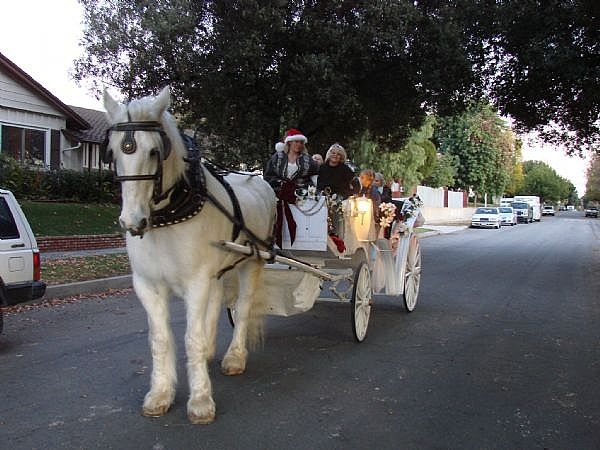 How to Harness a Horse
How to Harness a Horse
How to Harness
How to Harness a Horse
How to Harness a Horse
How to Harness
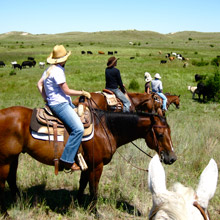 Reasons to Consider Horse Ranch Vacation For Your Next Adventure Trip
Experiencing a horse pack trip and enjoying the beauty of na
Reasons to Consider Horse Ranch Vacation For Your Next Adventure Trip
Experiencing a horse pack trip and enjoying the beauty of na
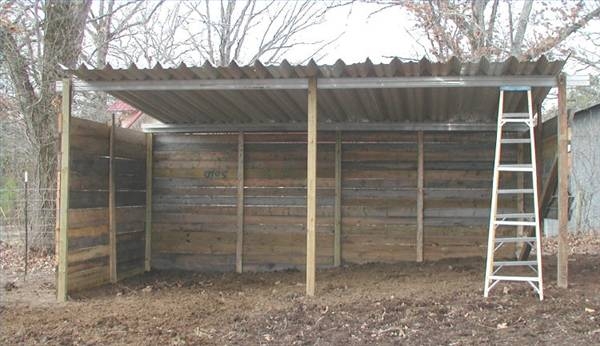 How to Build a Single Horse Barn
How to Build a Single Horse Barn
How t
How to Build a Single Horse Barn
How to Build a Single Horse Barn
How t
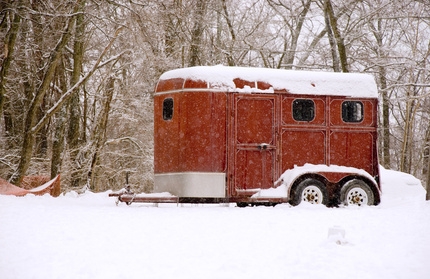 How to Establish the Value of a Horse Trailer
How to Establish the Value of a Horse Trailer
How to Establish the Value of a Horse Trailer
How to Establish the Value of a Horse Trailer
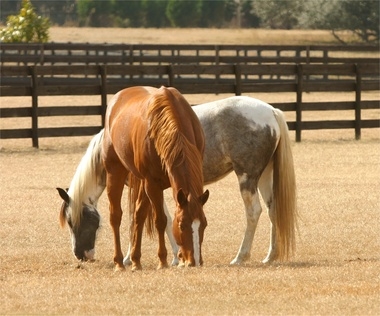 Horse Shelter Ideas
Horse Shelter Ideas
Horse Shelter Idea
Horse Shelter Ideas
Horse Shelter Ideas
Horse Shelter Idea